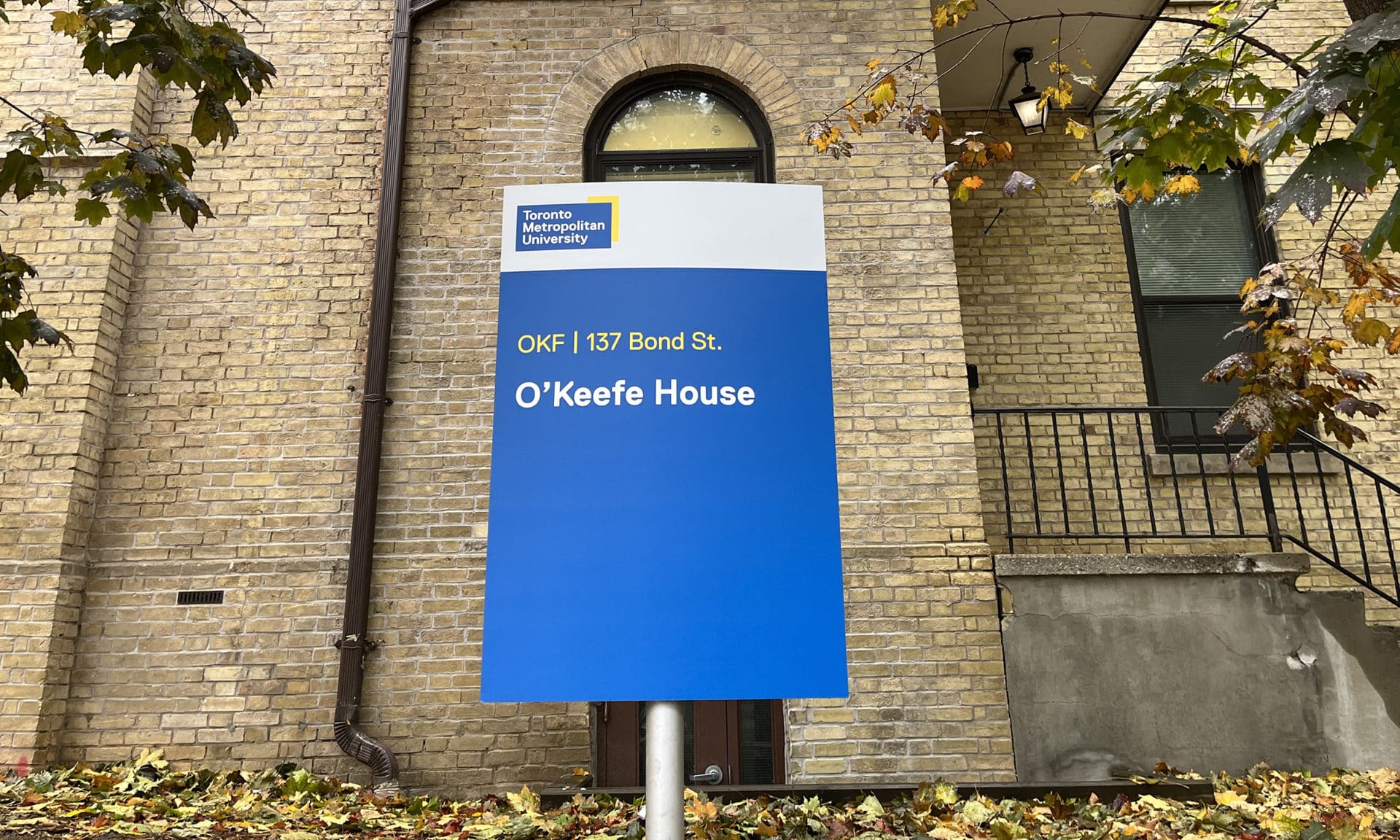On the November 18 episode of The Final Word, Silas Le Blanc talks about Toronto Metropolitan University’s new referendum on mental health support for students, passed on November 4. This new referendum will lead to an increase in $38.83 in fees for students, which will be used to transform the O’Keefe House into a new student well being centre. He speaks with Racy Rafique, a multimedia reporter for On The Record, who covered the referendum.
The referendum was held November 1 to November 3. Out of 64,005 eligible voters, only 3,908 votes were submitted anonymously, making the participation only 8.5 per cent. Two thousand two hundred and eighteen votes were to increase the fee, whereas 1,647 votes were cast against it, with the university not requiring a minimum voter turnout. In an email statement sent to CJRU 1280, Tania Ulrich, a public relations and communications specialist, said the university received input from students through focus groups, surveys, and a student referendum committee. Ulrich said the new centre will be a “one stop shop for all health and wellbeing services on campus.” The fee increase will also help cover the costs necessary to hire additional clinical and mental health support staff as early as next year to lower appointment wait times for current students and to expand existing mentoring opportunities. Twenty five per cent of the budget increase will go towards the new centre and its staff. However, it did not specify how many new staff they would hire, or how many full-time counsellors there would be.
Currently, the average wait time for counselling is 14 weeks and two weeks for appointments at the medical centre.
Rafique said she filed two freedom of information requests (FOI) to learn more about wait times, but both were denied by the university. However, she managed to interview students, mental health experts and President Mohamed Lachemi.
“Some students were into the idea. They wanted more access to mental health care even if it meant spending more,” she said. “Others were very against it because they already have to pay so much intuition.”
She added that most students had not heard of the referendum, and some experts weren’t informed either.
“I think the voter turnout was based on which students cared enough to actually go online because there was no voting on campus. Everyone at school can access the internet somehow, but who’s actually gonna put in the effort to go do that?” she said.
According to Lachemi, TMU students pay some of the lowest fees in comparison to other Ontario universities. However, Rafique says most students she interviewed didn’t know that and were still against a fee increase.
In addition, Rafique said she wasn’t able to gather information on which students groups and unions were consulted in the referendum and what the money will specifically go towards. Despite low voter turnout and the uncertainty surrounding the new centre, Rafique said she hopes mental health services will improve on campus.
“I really hope that other students that need access to this care can get it in a timely manner because it affects our livelihood and our mental health,” she said.









